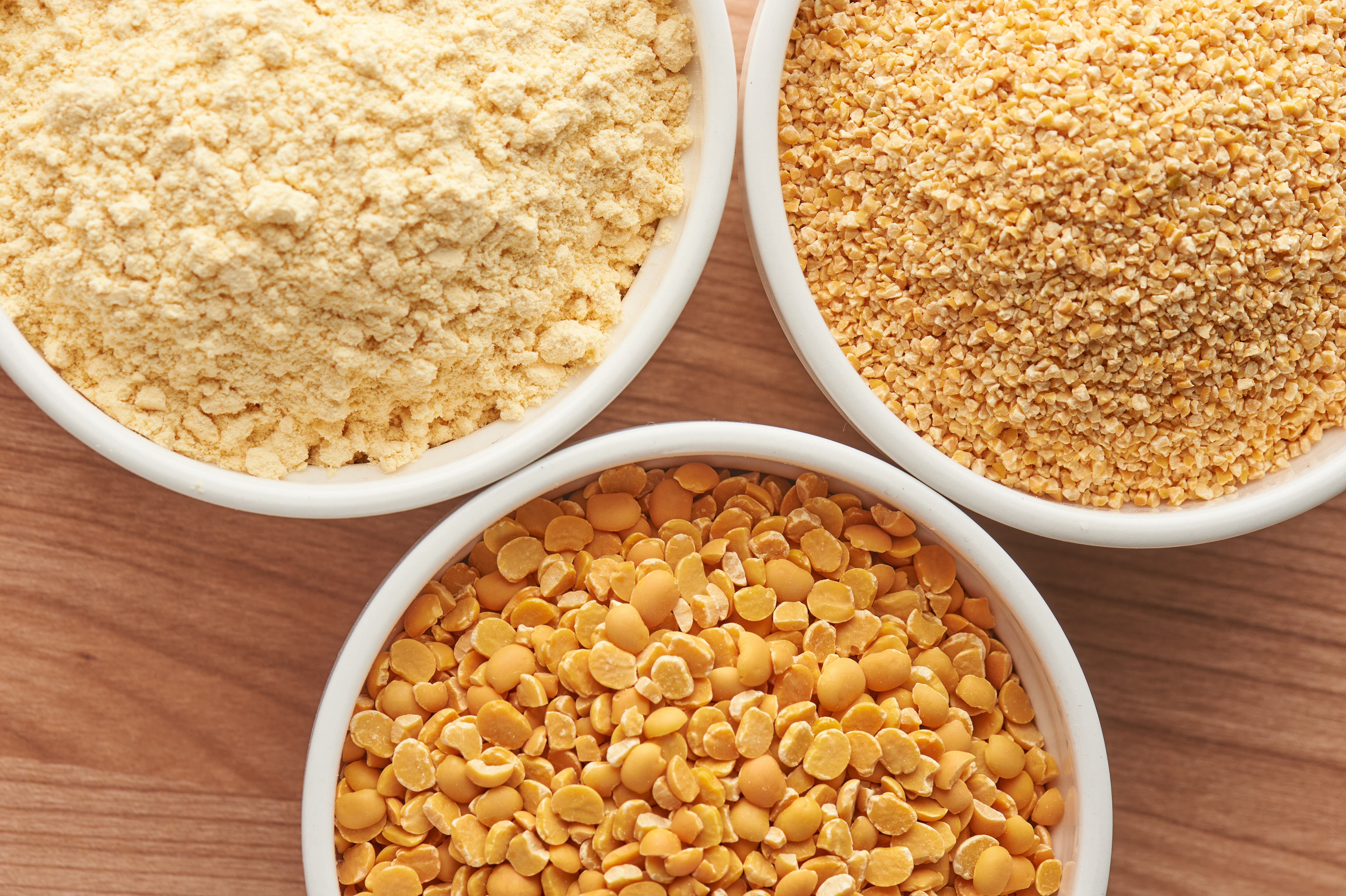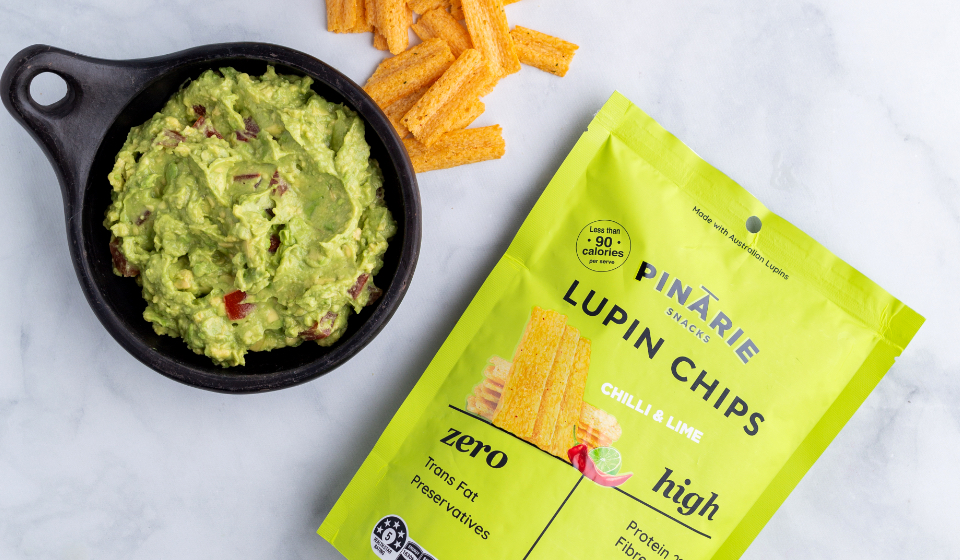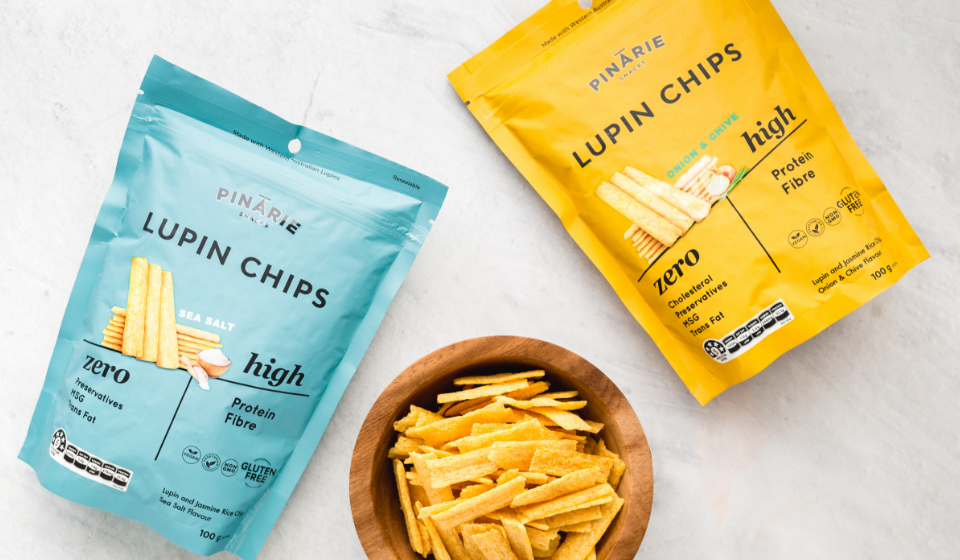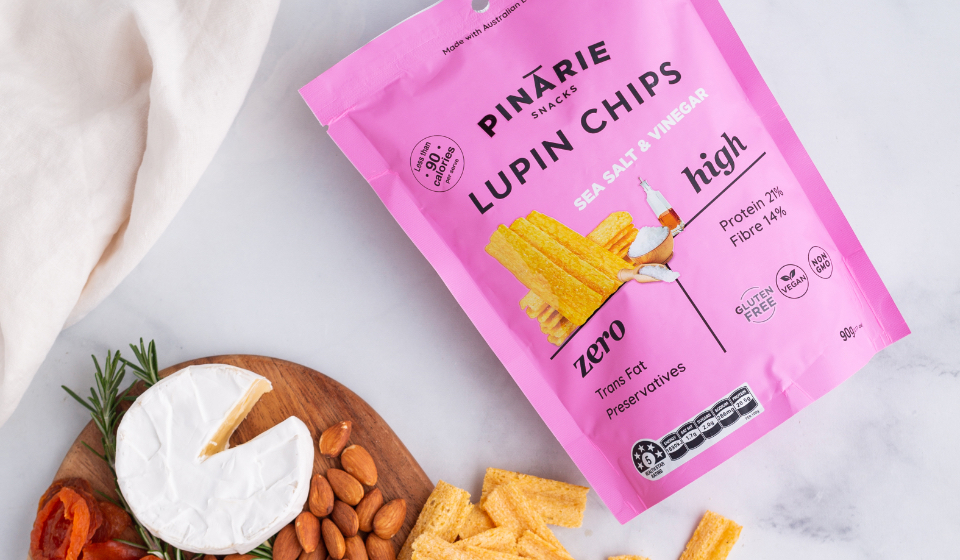What are LUPINS?
2 SEPTEMBER 2021

Lupin, the superfood of the future has arrived
Australian lupins has been gaining interest amongst foodies and dieticians, with many dubbing it the superfood of the future thanks to its high protein and high dietary fibre values coupled with a low glycaemic index, and being gluten-free, vegan friendly and non-GMO.
New to Thailand, lupin has been actually consumed for centuries by people around the world, especially in the Mediterranean and in the Andean mountains of South America. In the early days, consumption of lupins was limited because of its bitterness. Like other pulses, it needed to be soaked in water before consuming.
To popularise the healthy beans, new lupin varieties have been developed in Australia and, with the bitterness removed, Australian lupins do not require soaking or any heat treatment prior to cooking or consuming.
While lupins are enjoying their new status as a superfood, like other legumes, lupins help fertilize the fields and reduce carbon too, as their cultivation adds nitrogen naturally and improves soil quality.
Dr. Weeraya Karnpanich, a Thai science and nutrition researcher who has co-authored at least two scientific research papers on sweet lupins, confirms their outstanding nutritional value and health benefits. The high level of oligosaccharide also indicates that lupins are suitable as a functional food with a prebiotic effect, promoting the growth of good bacteria and strengthening gut health.
Lupins have outperformed several well-known grains and superfoods. Lupin kernels contain as much as 40 percent of protein, three times more than quinoa. Thanks to this high protein level, lupins can be a good source of plant-based protein for those who are building muscles, growing kids and the health-conscious.
Lupins are also loaded with dietary fibre, containing 37 percent, or about three times higher than oats.
Moreover, lupins have the lowest glycemic index (GI) of the grains consumed the most frequently. Lupins help slow down the absorption of sugars into the bloodstream and can therefore balance blood glucose levels in diabetics and those with pre-diabetes.
Another interesting quality is that lupins are naturally gluten-free, making them a safe snack for those allergic to gluten or who suffer from Celiac disease.
In terms of minerals and vitamins, lupins also perform well. The legume contains higher iron than kale and more potassium than bananas and more magnesium than spinach.
With all these nutritional benefits, lupins have captured dietician and consumer interest and become an interesting food choice for health-conscious people, especially those who favour a plant-based diet.


